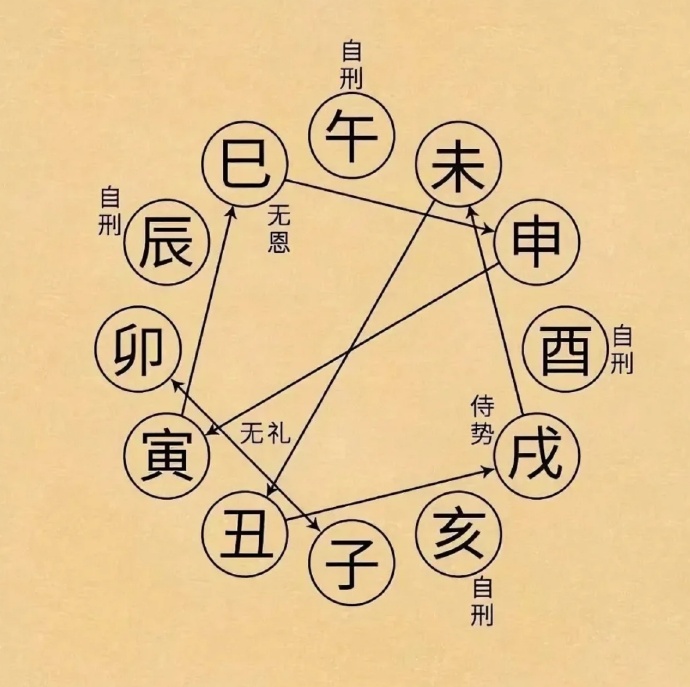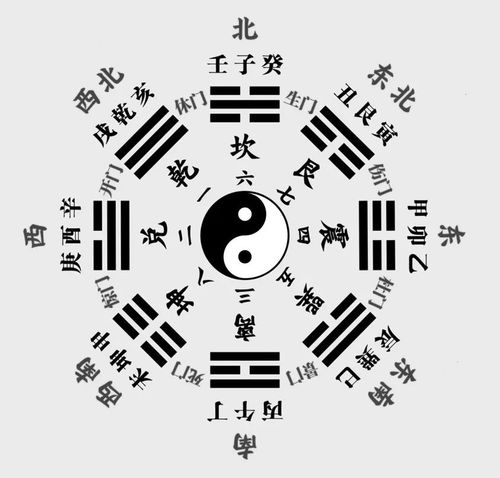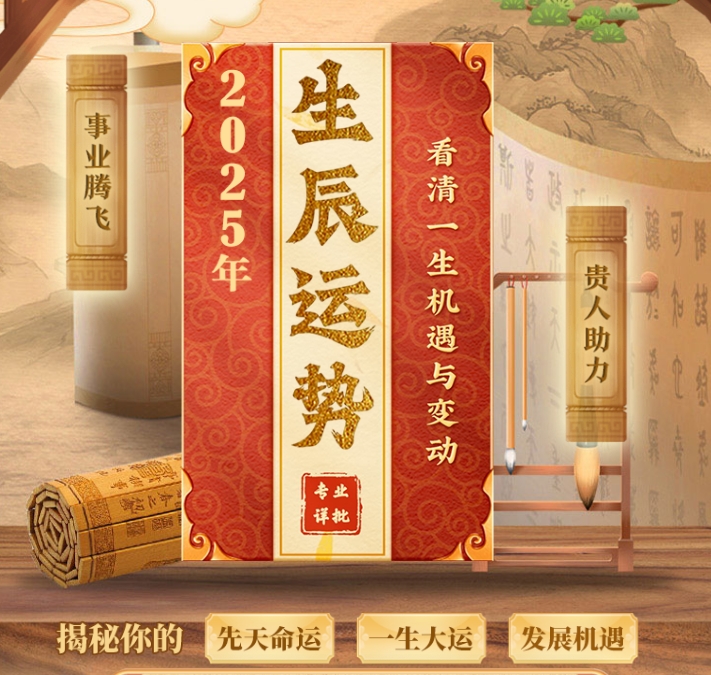How to Say September 17th in English?
Hey there! Have you ever found yourself staring at a calendar, wondering how to properly say dates in English? Like, what's the right way to pronounce "September 17th"? Don't worry, you're definitely not alone in this confusion. Today we're going to break it down step by step, making it super easy for beginners to understand.
First things first let's talk about months. September is the ninth month of the year, coming after August and before October. The word "September" actually comes from the Latin word "septem," meaning seven, because it was originally the seventh month in the ancient Roman calendar. Pretty interesting, right? Now, when we say the full date in English, we typically say "September seventeenth" or "the seventeenth of September." Both ways are correct, but the first one is more common in American English.
Now let's focus on the number part 17th. In English, we add "-th" to most numbers when we're talking about dates. So 17 becomes "seventeenth." The pronunciation is "seven-teenth," with the stress on the second syllable. Some numbers are irregular though like 1st (first), 2nd (second), 3rd (third), and 21st (twenty-first). But luckily, 17th follows the regular pattern.
When writing the date, there are different formats used around the world. In the United States, people usually write the month first: September 17 or September 17, 2025. In many other countries, they write the day first: 17 September or 17 September 2025. The important thing to remember is that when speaking, we always say the month name, not the number. So we wouldn't say "nine seventeen" for September 17th.
Here's a quick comparison of how to say different dates to help you understand the pattern: September 1st is "September first," September 2nd is "September second," September 3rd is "September third," and then from September 4th onward we use "-th": fourth, fifth, sixth, and so on up to seventeenth.
Sometimes people get confused between similar-sounding numbers like "seventeen" and "seventy." But in dates, we're always using the "teen" numbers (13-19), not the "ty" numbers (20, 30, etc.). So it's "seventeenth," never "seventieth" for the 17th. This is a common mistake beginners make, so pay special attention to this difference.

Let me give you some examples of full sentences using September 17th: "My birthday is September seventeenth." "The meeting is scheduled for the seventeenth of September." "September 17th is an important date in our company's history." See how natural that sounds? With practice, saying dates will become second nature to you.
Now, what about years? When we include the year with September 17th, we say it like this: "September seventeenth, twenty twenty-five" for 2025. For years before 2000, we typically say them as two numbers: 1999 would be "nineteen ninety-nine." The only exception is years ending with 00 like 1900 is "nineteen hundred."
Here's a fun fact in British English, people often say "the" before the day when speaking: "the seventeenth of September." Americans usually leave out "the" and say "September seventeenth." Neither way is wrong, it's just a regional difference. If you're learning American English, you might want to practice the version without "the" more often.
When writing dates in formal documents, we usually spell out the month completely: September 17, 2025. In informal writing like notes or text messages, people sometimes abbreviate September as "Sept. so you might see "Sept. 17." But when speaking, we always say the full month name, never the abbreviation.
Let's practice with some common questions about dates: "When's your birthday?" "It's September seventeenth." "What date is the conference?" "It's on the seventeenth of September." "Is September 17th a holiday?" "No, September seventeenth isn't a holiday in most countries." See how the date fits naturally into conversation?

Some people wonder why we have these different ways to say dates. Well, languages develop over time with influences from different cultures. English has roots in Germanic languages but was heavily influenced by French after the Norman conquest in 1066. That's why we have some irregular patterns in things like dates. But don't let that scare you the system is actually pretty logical once you get used to it.
Here are the key things to remember about saying September 17th in English: 1) Always say the month name, not the number. 2) Add "-th" to the number 17 to make "seventeenth." 3) You can say it as "September seventeenth" or "the seventeenth of September." 4) Include the year after the date if needed. 5) Practice saying dates out loud to get comfortable with the pronunciation.
Now, let's answer the big question: How exactly do you say September 17th in English? The most common way is "September seventeenth." That's three syllables for September (Sep-tem-ber) and three syllables for seventeenth (seven-teenth). Put them together with a slight pause between the words: September... seventeenth. Try saying it a few times to get the rhythm right.
What if you need to write September 17th? In American English, we'd write "September 17" or "September 17, 2025." In British English, it would be "17 September" or "17 September 2025." The comma before the year is important in American style. Some formal documents might write it out as "September seventeenth," but that's less common in everyday writing.
I know dates can be tricky when you're first learning English. My advice? Start by practicing the months of the year until you can say them without thinking. Then work on the numbers from 1st to 31st. Before you know it, you'll be saying dates like a native speaker. And remember everyone makes mistakes when learning, so don't be too hard on yourself if you mix things up at first.

Here's something interesting the way we say dates can actually tell people where we're from without us saying it directly. If someone says "the seventeenth of September," they're probably British, Australian, or from another Commonwealth country. If they say "September seventeenth," they're more likely to be American or Canadian. Of course, there are exceptions, but it's a general pattern.
When you're learning to say dates, pay attention to how native speakers around you say them. Listen to English podcasts, watch movies, or pay attention to how news anchors report dates. You'll start to notice the patterns and rhythms naturally. And don't be afraid to ask questions if you're unsure most people are happy to help someone learning their language.
One last tip try writing down important dates in your life using both formats: "September 17" and "the 17th of September." Then practice saying them out loud. You could even record yourself and compare it to how native speakers say dates. This kind of active practice will help the correct pronunciation stick in your memory much faster than just reading about it.
At the end of the day, language is about communication. Even if you don't say September 17th perfectly at first, people will still understand you. The important thing is that you're making the effort to learn. With consistent practice, you'll be saying dates correctly without even thinking about it. And that's when you'll know you've really got it down.